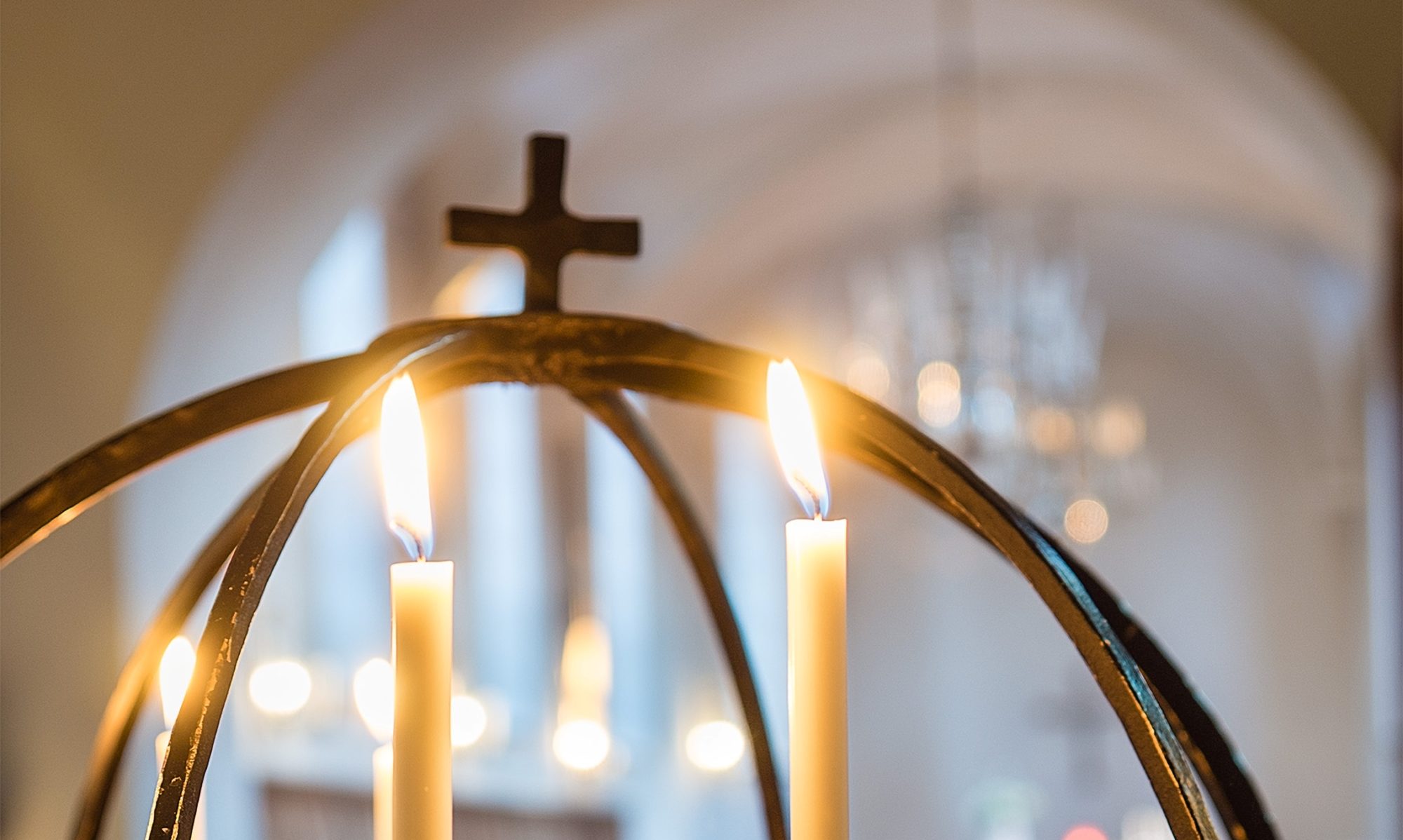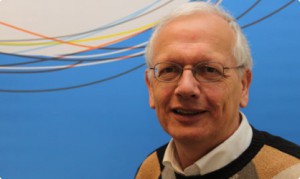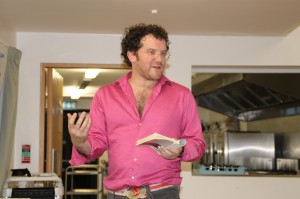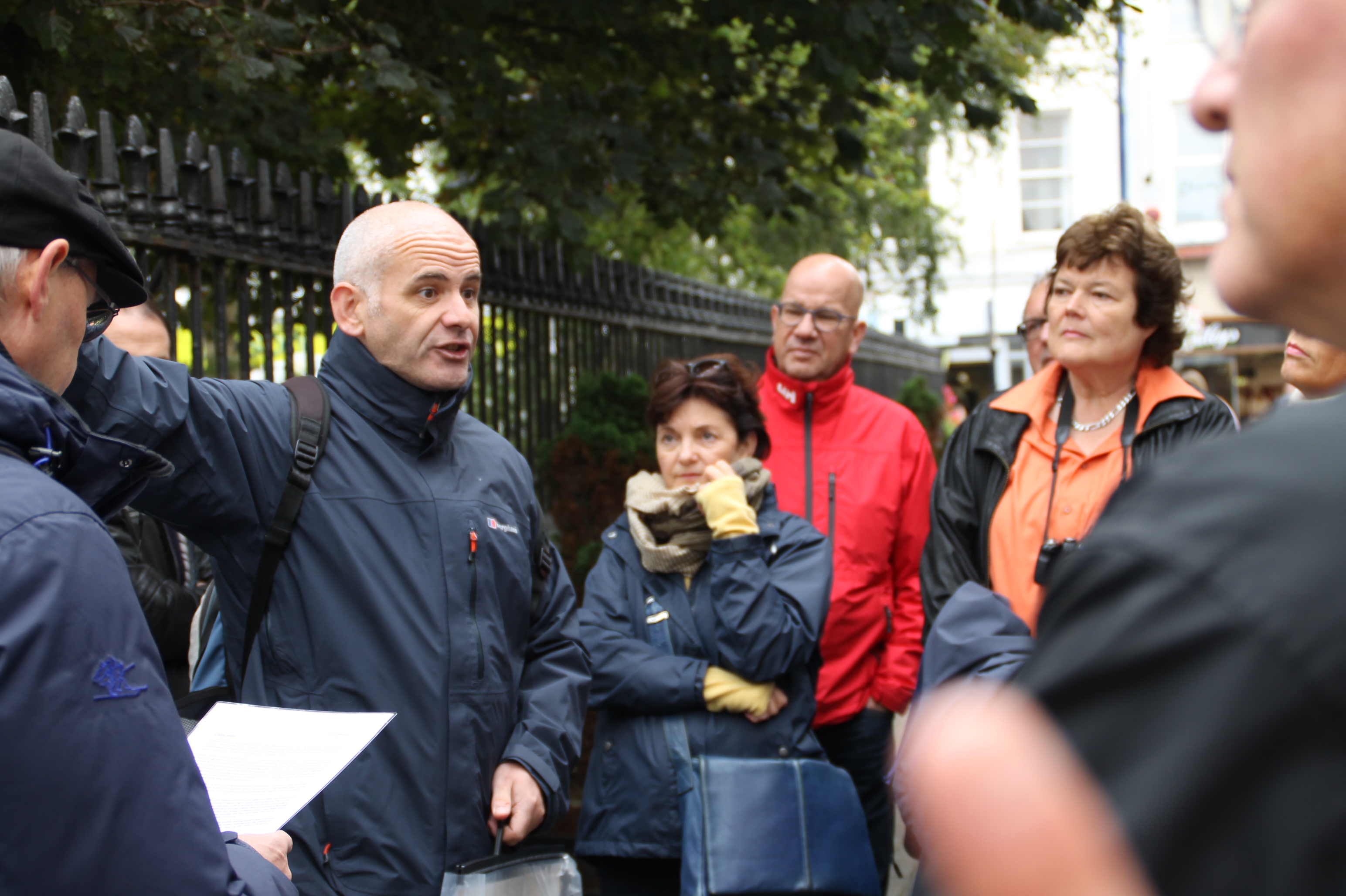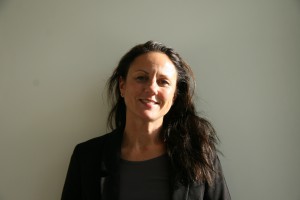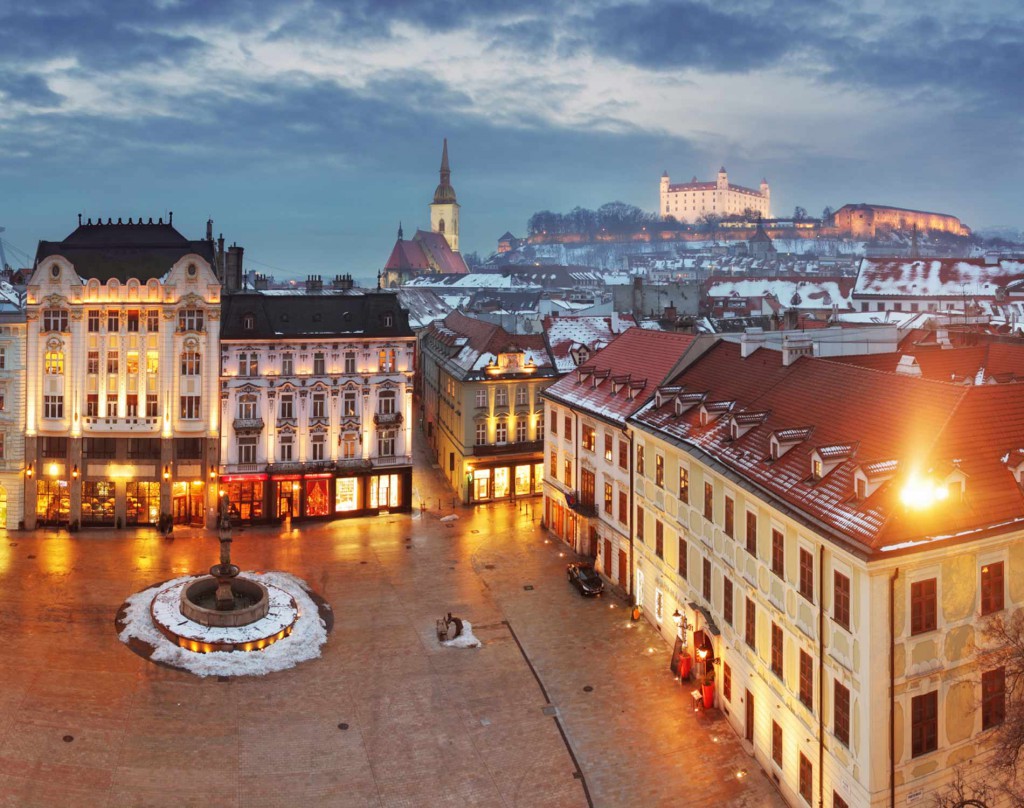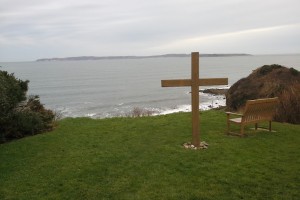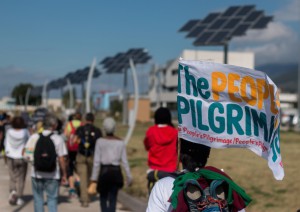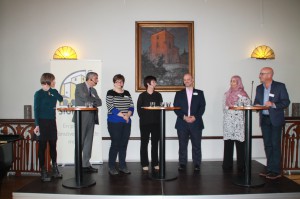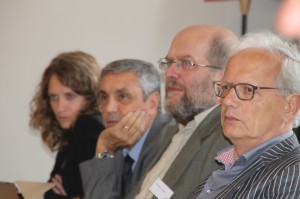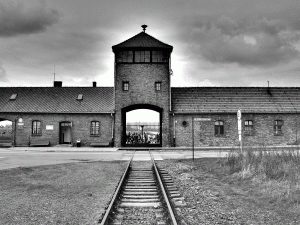Theme: Care – who cares for whom and why?
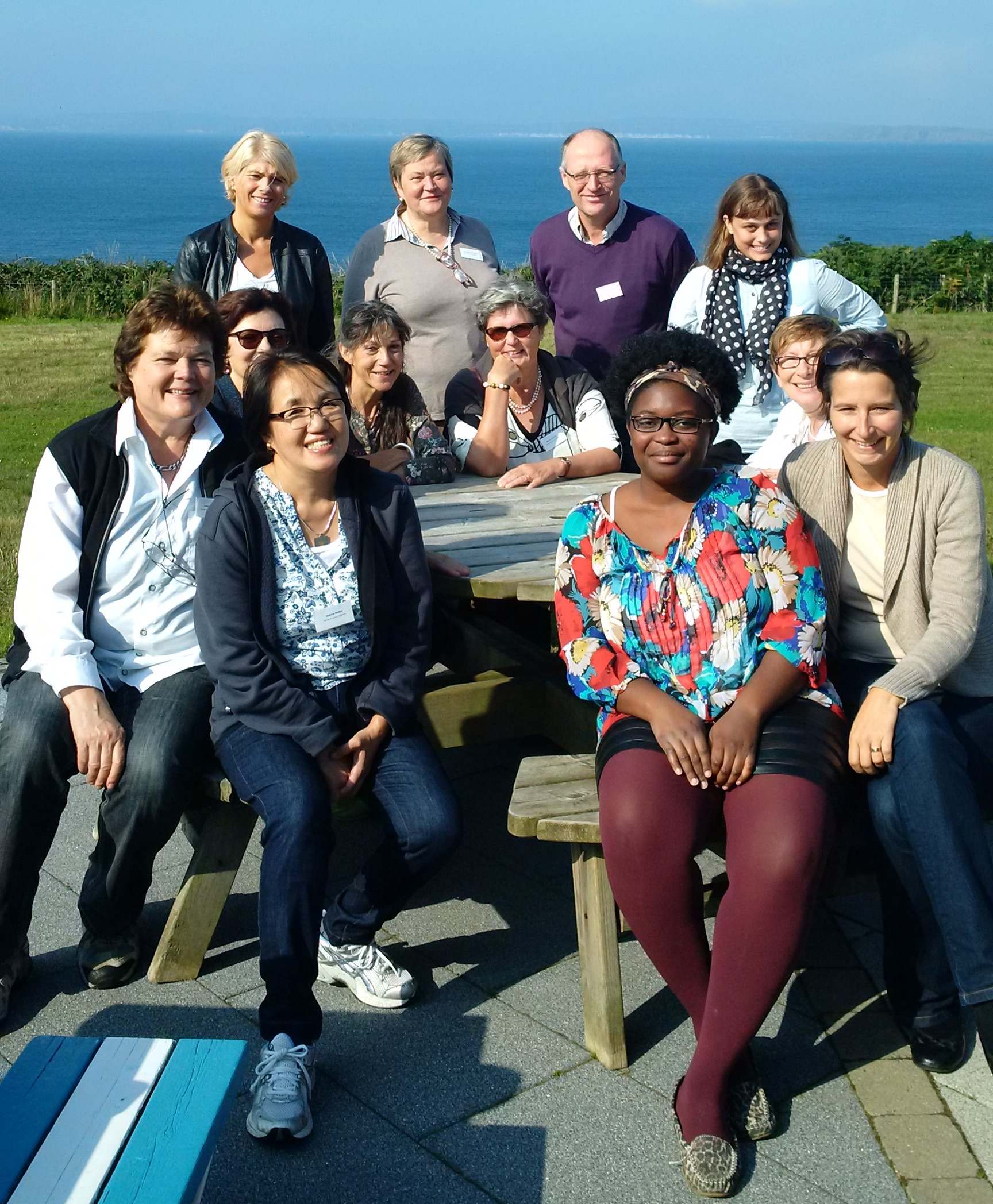 In the network we try to find a theme that is connected with gender and justice alike , inform about our experiences with the theme in our work and country and have a look at the situation in the hosting country. So this year the Gender & Justice Network had an interesting overview on the care-system in Northern Ireland during these two days. Three lectures from three different points of view deepened the theme. Susan McEwen, Head of Programmes, Corrymeela, gave the first input on Monday evening introducing to the Corrymeela work: What does it mean «to live well together »? She underlined how important story telling is to build bridges and connections. The second lecture was given by Maria Gavay, member of the Corrymeela community. She got her care-experiences from the Arche-communities where she lived for some time together with disabled people. Lyn Campell came in for the last lecture on Wednesday morning to tell us about the Carers Association of Northern Ireland providing support to carers and to get carers life easier.
In the network we try to find a theme that is connected with gender and justice alike , inform about our experiences with the theme in our work and country and have a look at the situation in the hosting country. So this year the Gender & Justice Network had an interesting overview on the care-system in Northern Ireland during these two days. Three lectures from three different points of view deepened the theme. Susan McEwen, Head of Programmes, Corrymeela, gave the first input on Monday evening introducing to the Corrymeela work: What does it mean «to live well together »? She underlined how important story telling is to build bridges and connections. The second lecture was given by Maria Gavay, member of the Corrymeela community. She got her care-experiences from the Arche-communities where she lived for some time together with disabled people. Lyn Campell came in for the last lecture on Wednesday morning to tell us about the Carers Association of Northern Ireland providing support to carers and to get carers life easier.
The Gender & Justice network had the opportunity to visit a big Care Association named « Triagel » in Ballymena. The association started 30 years ago initiated by a group of nine women to identify housing need for women suffering domestic violence.
Today the association expanded very much building homes for elderly and disabled people, providing support in creating possibilities for difficult situations, etc.
Another interesting learning part of the Gender & Justice Network was as always the moment of sharing our knowledge about the care-situations and challenges in the different countries presented by the participants.
Coordination: Nicole Richter, Institute for Church & Society, Schwerte together with Annette Feldmann, Corrymeela and volunteer Nnedinma, Corrymeela
Participants : Nicole Richter (Germany), Annette Feldmann (Corrymeela/Germany), Nnedinma (Corrymeela/ Kenia), Dr. Kirsten Beuth (Austria), Marielisa von Thadden (Germany), Martina Heinrichs (Netherlands), Jacques Van der Smissen (Netherlands), Dr. Irmgard Ehlers, Dr. Melinda Madew (Philippines), Kristin Gunleiksrud Raaum (Norway), Elisabeth Reichen-Amsler (Switzerland)
Outlook: 5th -7th September 2016
Coordination: Nicole Richter. The Gender & Justice Network decided to work on the theme: Refugees crisis and gender. Where could be the most strategic place for the theme of this preconference?
There is no final decision about the place yet: It depends if the partner is sensitive on Gender & Justice issues and if we will find there experts and have the opportunity to visit places of interest. About the date and the place we will inform as soon as possible.
Elisabeth Reichen-Amsler & Marielisa von Thadden
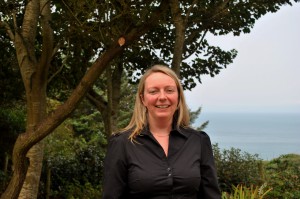 At the boardmeeting in September, Nicola Murray, Head of Finance and Business Development for The Corrymeela Community, was elected as the new treasurer of Oikosnet Europe. Nicola is a qualified Chartered Management Accountant, a member of the Management Team, and responsible for all things that have a financial or commercial impact on Corrymeela.
At the boardmeeting in September, Nicola Murray, Head of Finance and Business Development for The Corrymeela Community, was elected as the new treasurer of Oikosnet Europe. Nicola is a qualified Chartered Management Accountant, a member of the Management Team, and responsible for all things that have a financial or commercial impact on Corrymeela.